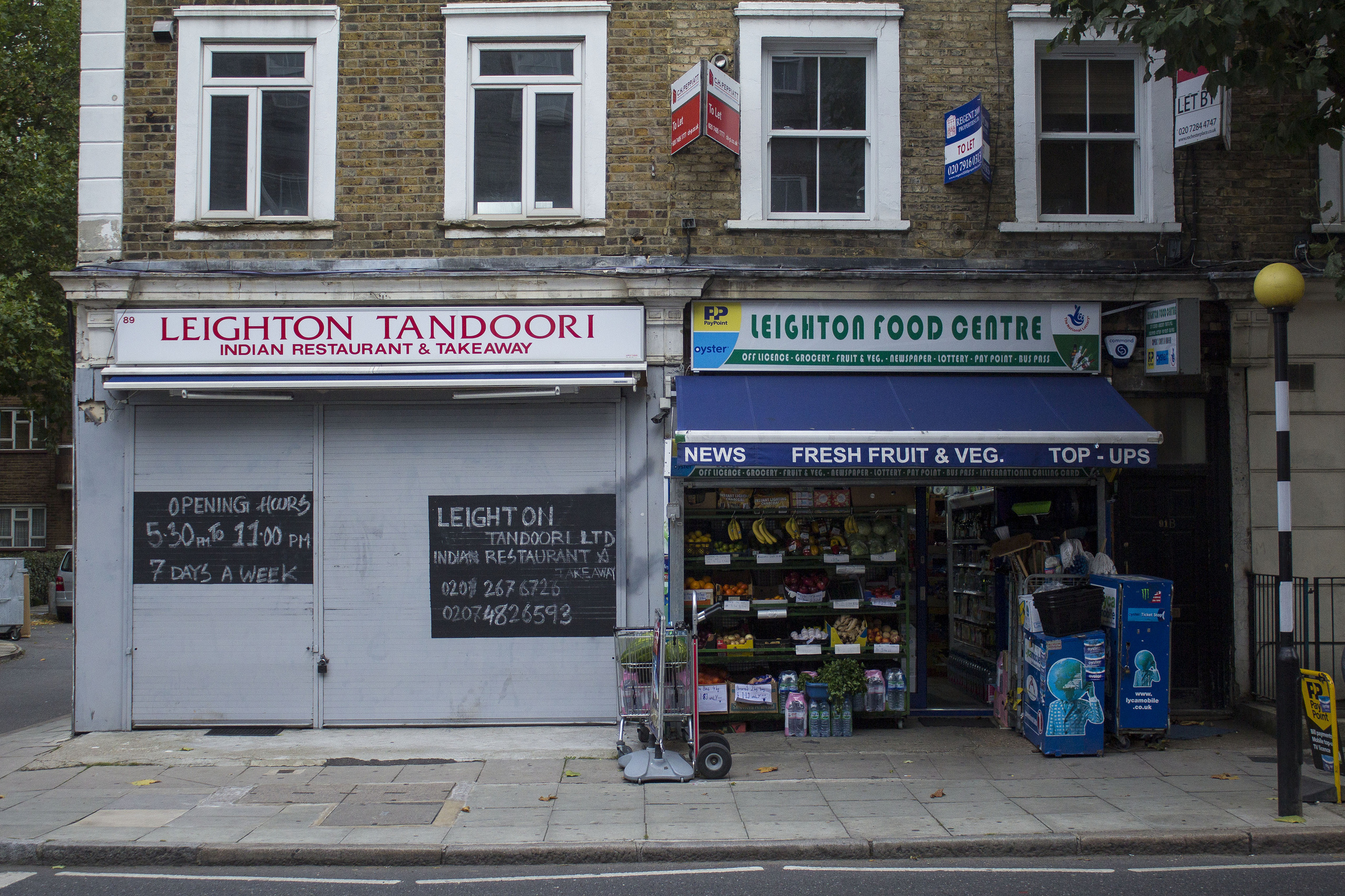The Cost of Being a Model Minority: Neoliberalism and the British Sikh Family
by Symrun Chatha
14 October 2016

With housing benefit claims at only 1%, the British Sikh community appear to exemplify the neoliberal dream of market efficiency, and are held up as a shining example of an immigrant community that have ‘paid their way’. However, as with most studies citing economic success, little is reported on the negative consequences of a community working itself into poor health – something all-too encouraged by free market capitalism.
In the 1960s and 1970s, many Sikhs arrived in the UK seeking opportunities to become part of the British working class, often working in foundries, or in car and textile manufacturing. When these occupations were dissolved with the advent of globalisation and mechanisation, many redundant Sikh workers turned to business and self-employment (as without an education it was near-impossible for immigrants to gain employment elsewhere). Both my grandfathers opened up newsagents in the hope of creating their own wealth. For them, as for many other immigrant families, this was where their problems began.
My mother can recall a dramatic shift in family stability in the year her father opened his cornershop. The amount of work, and the pressure on the children to help the business, often meant a family meal was impossible – a practice even the most conservative outlets declare essential to a functional family life. It seemed as though the fact money was being made and no one was ‘scrounging off the state’ was enough. Family members would regularly resort to a ‘cornershop dinner’, continuing a legacy of malnutrition and sugar addiction in their children. Although it may sound like it, I’m not admonishing my family for their lifestyle choices: I’m attacking a society which deems this an acceptable way to live.
Decades of 100-hour weeks in newsagents have left my maternal grandfather with poor mental and physical health. My other grandparents too, whose ailments could easily have been avoided by a balanced lifestyle, are consumers within an ever-growing pharmaceutical industry. With no time for the proper development of interests or friendships in their overworked middle age, their lives as pensioners are bleak.
The anxiety of the self-employed immigrant to work at every moment has been passed down through generations. However, this fetishization of the work ethic has little to do with quality of life, and the working classes remain stifled by the need for wage labour. The work ethic upholds neoliberal ideology by putting the onus of poverty on the individual, and not on a system that has created divisions in labour and the unequal distribution of capital.
The wealth accrued by my grandparents during these decades did indeed stabilize my family financially, but the human cost incurred seems ridiculous in an age of abundance. Had their adult education been subsidized, or had there been government programmes employing working class people in a range of projects (community allotments, developing green technology or insulating old houses), my grandparents could have had sociable and meaningful work environments. They would have been able to maintain a functioning domestic life, helping to deal with the post-colonial trauma of being Indian immigrants in Britain in the 1970s.
If Britain had a more progressive stance on unemployment – or perhaps even universal basic income – my grandparents could have been given the tools and education to use their labour for good, rather than feeling forced to invest in and work in businesses that bring little to a community, and can contribute to its poverty. Statistics surrounding capital are intensely forgiving to the poor quality of the capital that is often being created, and the sort of lives these jobs facilitate. Quality of capital is something that can be overlooked in the context of free market ideology and individual success. You’re making money – what else matters?
Statistics and political pundits often cite the Sikh community as an example of economic success, but it’s strange to call something a success when the outcomes are so miserable. The notion of wealth generation as a defining principle of success, and the predicate that one should survive at the cost of all else, is not only severely outdated, but contributes to deeper deficit in innovation and further working class trauma. The dehumanizing experience of my grandparents is proof that market efficiency often comes at irreversible and needless human cost – even in the ‘best’ case scenarios.